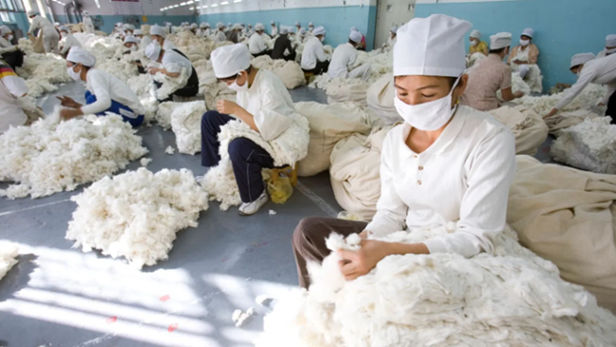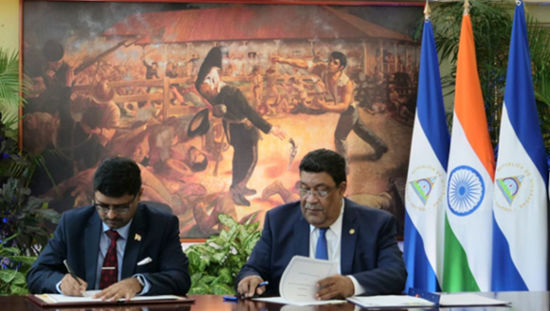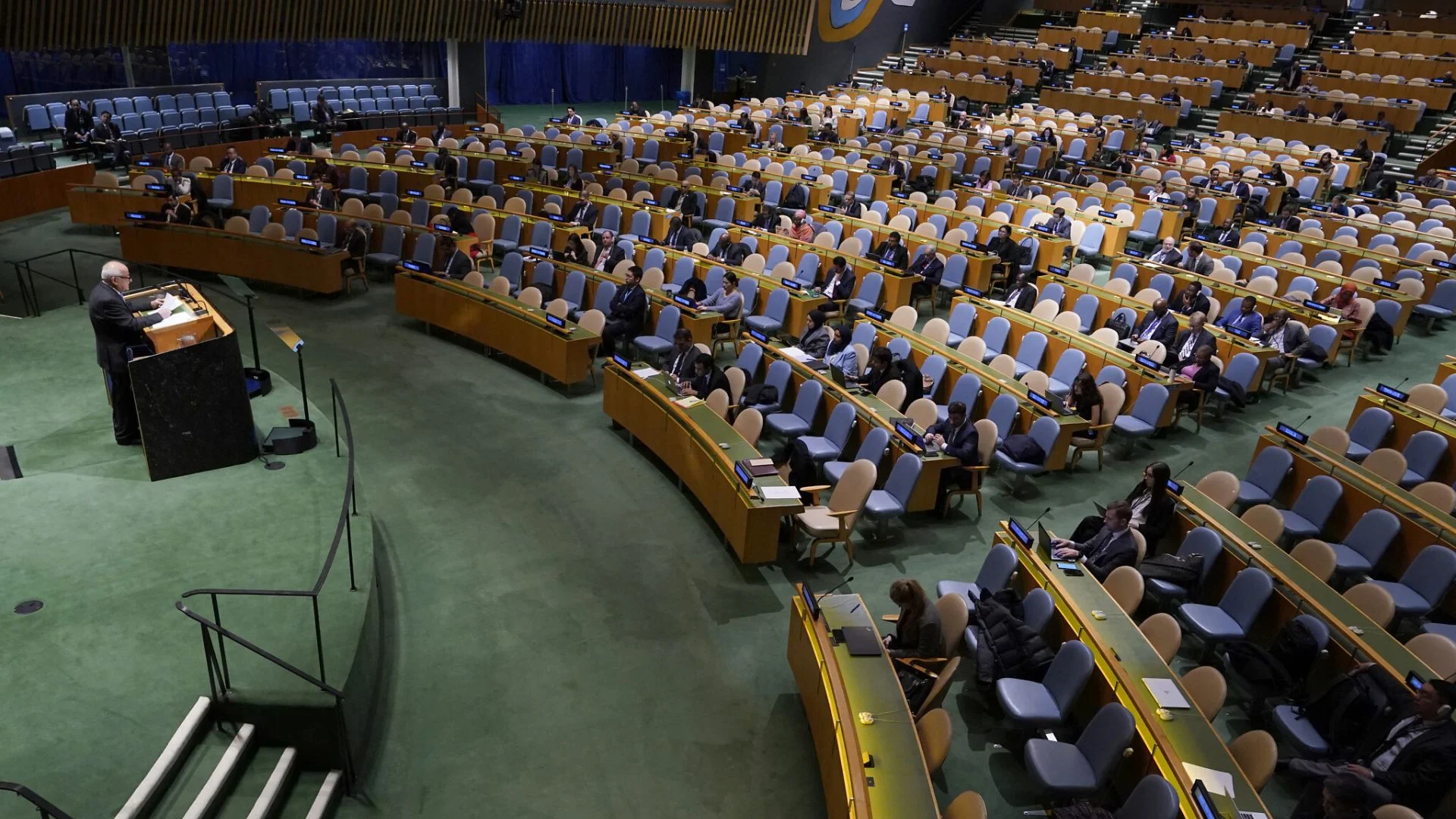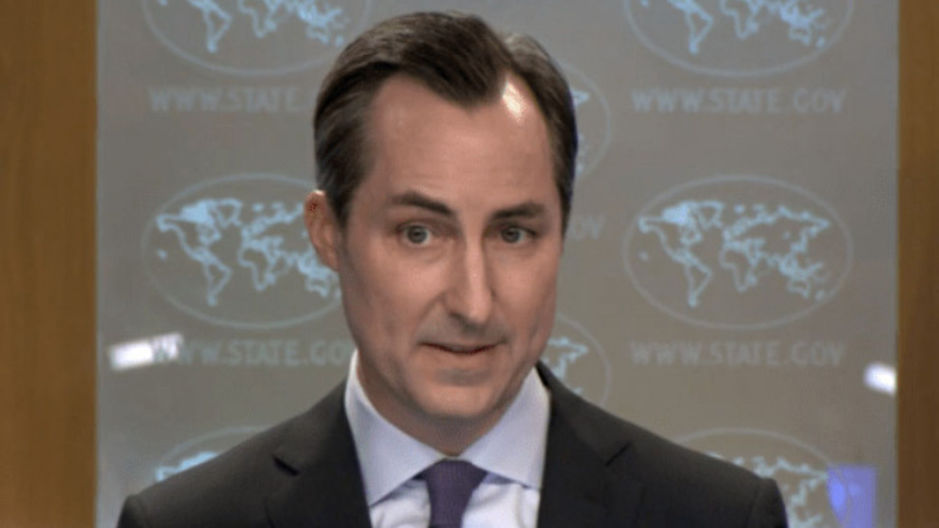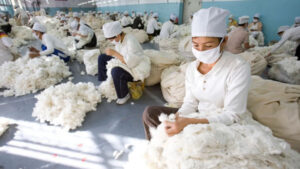The Xinjiang Cotton Association in China has urged international brands to “fully respect and trust” Xinjiang cotton. This statement follows comments made by Tadashi Yanai, CEO of Uniqlo’s parent company, Fast Retailing, who confirmed that Uniqlo does not source cotton from Xinjiang.
Resumption of Cotton Sourcing Urged
The association called on brands like Uniqlo to resume purchasing cotton from Xinjiang. They emphasized that doing so would help ensure the “healthy and stable development of the global cotton textile industry.” The statement was made on the association’s official WeChat account.
Uniqlo’s Position on Xinjiang Cotton
In an interview with the BBC, Yanai stated that Uniqlo does not use cotton from Xinjiang. This is part of the ongoing controversy regarding China’s treatment of Uyghurs in the region, with human rights groups and the U.S. government accusing China of abuses. Consequently, sourcing cotton from Xinjiang has become a sensitive issue for many foreign companies operating in China.
China’s Response and Xinjiang’s Importance
China has denied any human rights abuses in Xinjiang. The region is responsible for producing the majority of China’s cotton. The Xinjiang Cotton Association called for international brands to trust Xinjiang cotton and advised caution regarding anti-Xinjiang views.
Strategic Economic Role of Xinjiang
Xinjiang plays a crucial role in China’s broader economic plans. The region is part of China’s strategy to shift labor-intensive industries, such as textiles, away from the Pearl River Delta and into the interior. Xinjiang also forms a key component of President Xi Jinping’s Belt and Road Initiative, linking China to Central Asia and Europe.

